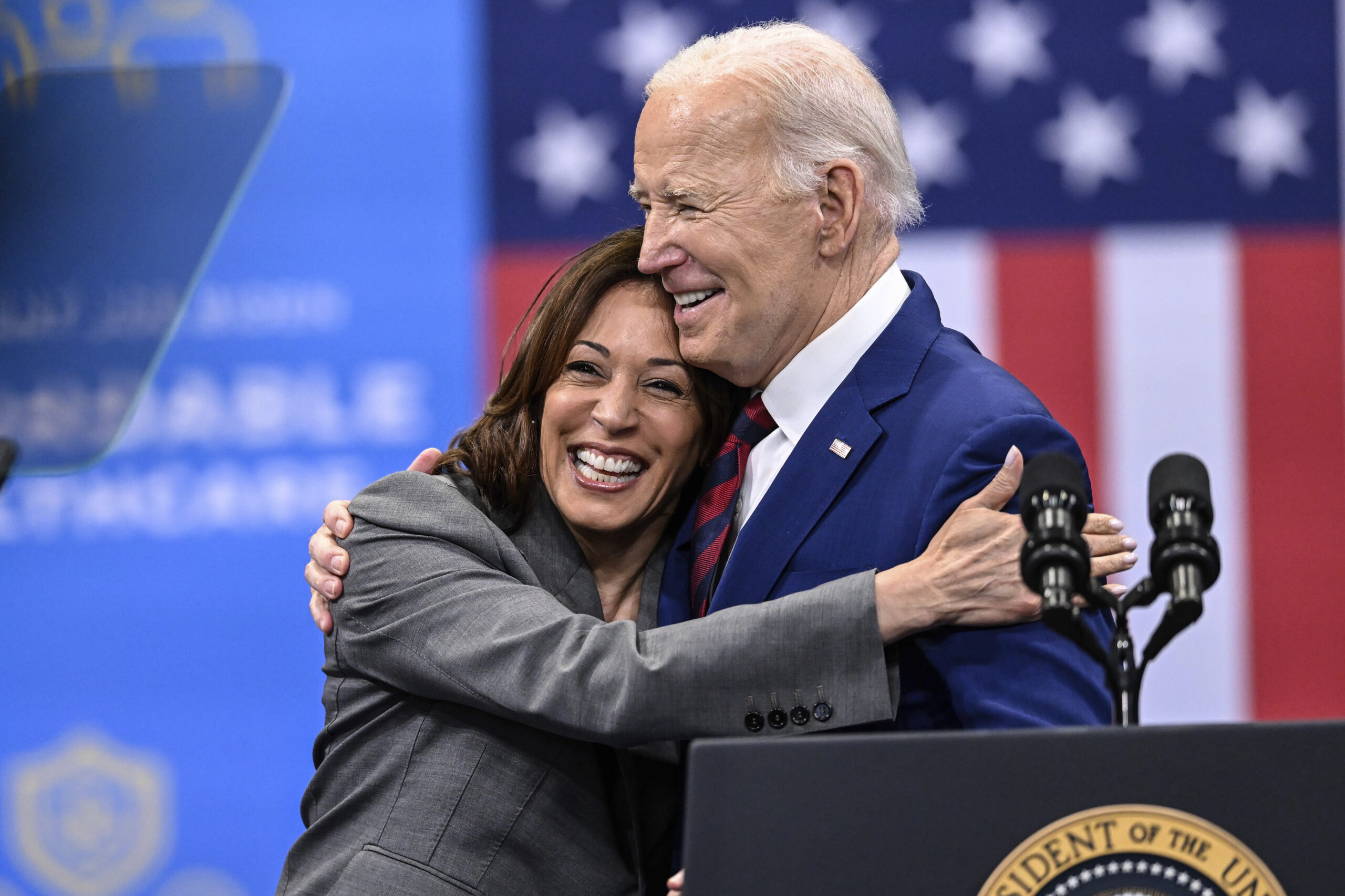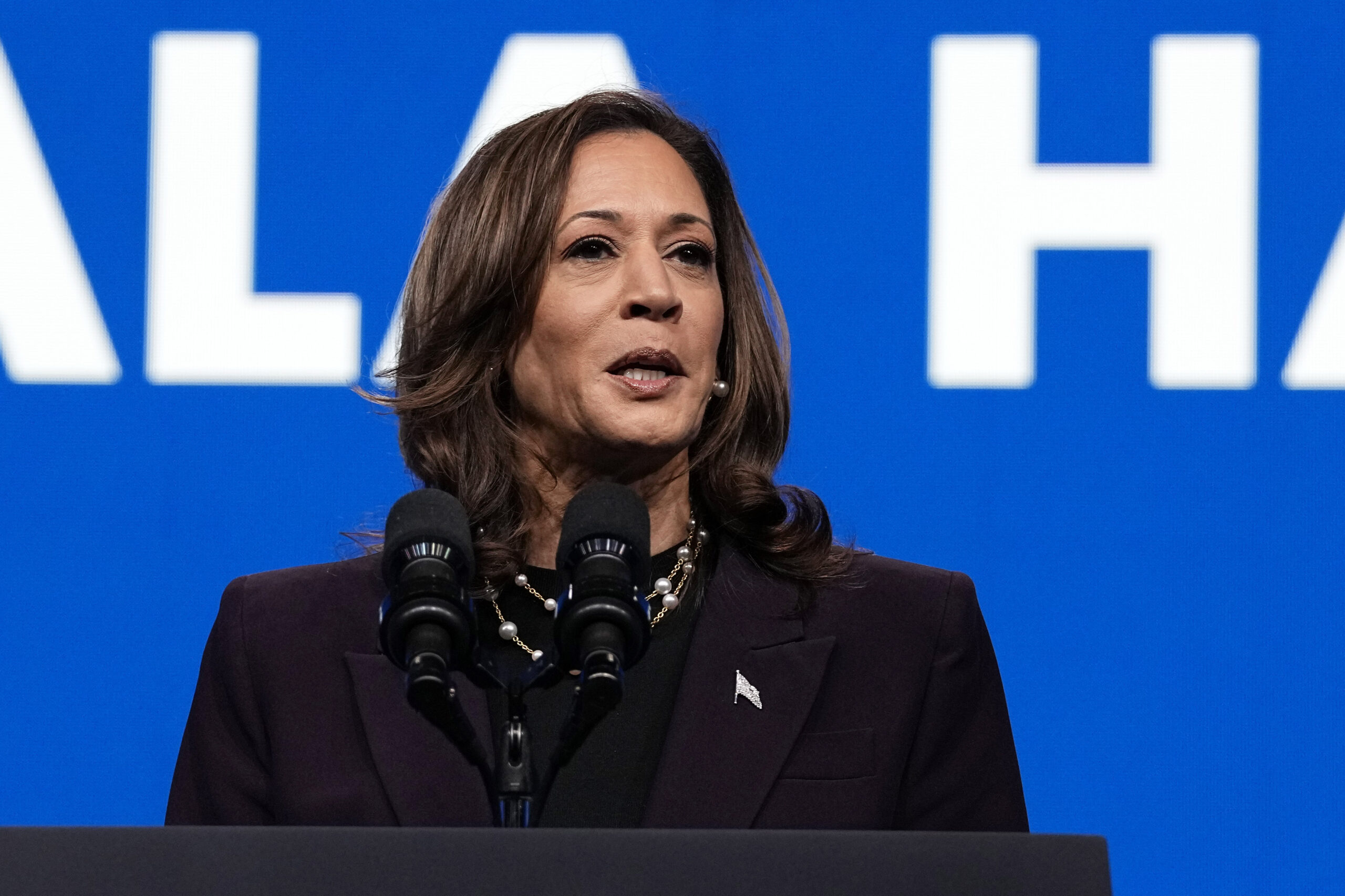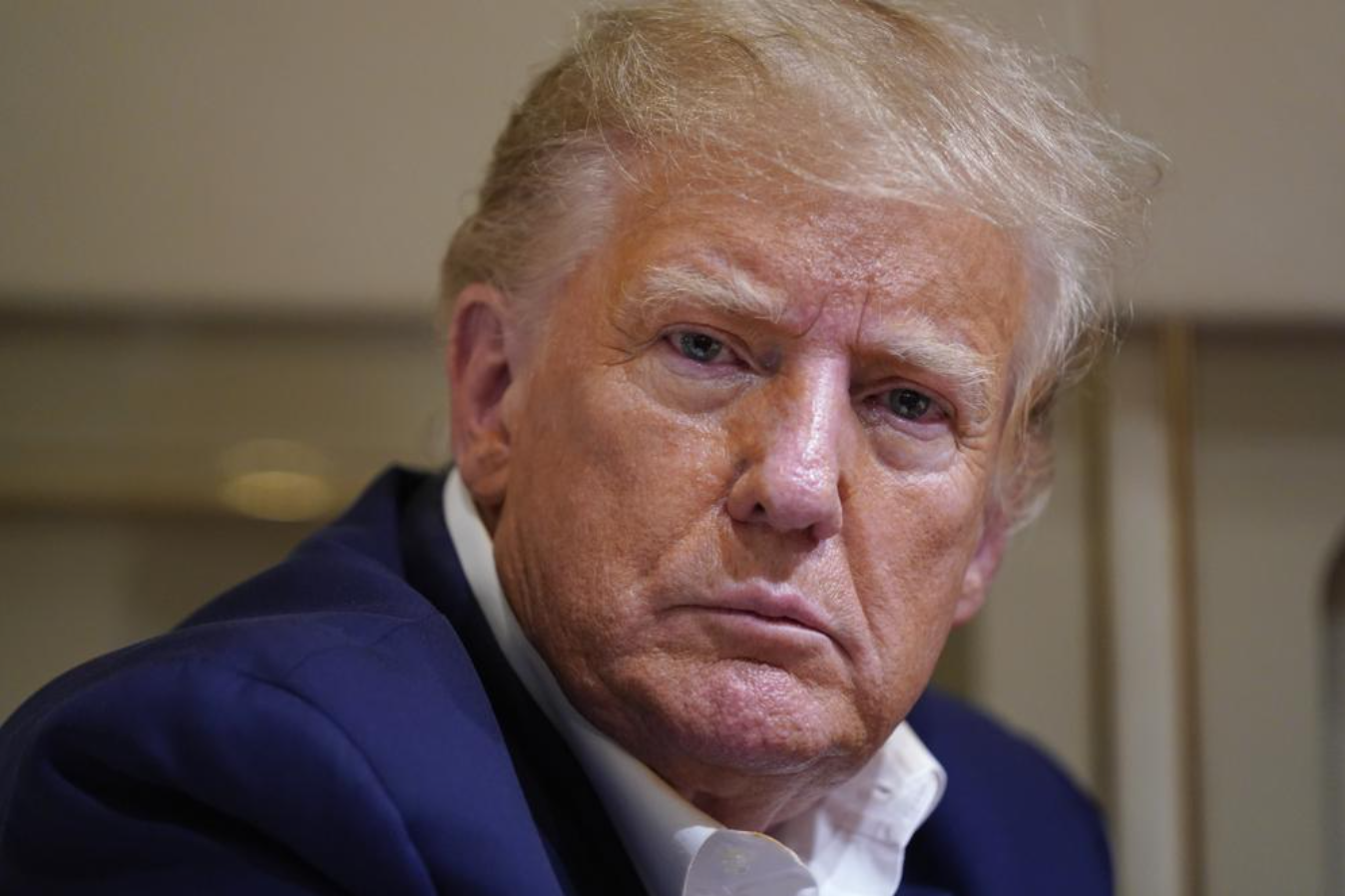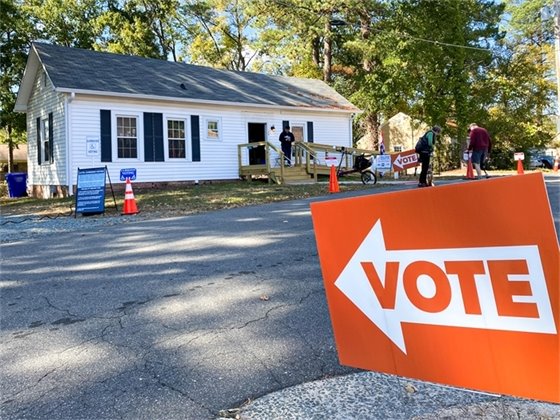For better or worse, this year’s presidential campaign has already been full of shocking developments. The latest occurred less than two weeks ago, when President Joe Biden dropped out of the race and Vice President Kamala Harris stepped in as the presumptive Democratic nominee. That came less than a month after a disastrous debate performance by Biden in June – and barely a week after Republican nominee Donald Trump was shot by a would-be assassin.
Conventional wisdom loudly declared Biden’s reelection hopes dead in the water following the June debate. A few weeks later, pundits widely assumed the assassination attempt would make Americans more sympathetic to Trump. Public opinion surveys, however, actually suggested a different story: despite all the talk, neither the debate nor the assassination attempt had much of an impact on voters. Trump held a narrow lead on Biden before the debate – and after the debate – and after the shooting in Pennsylvania. Very little ever changed, and very few Americans thought much differently about the race, or the candidates, or American government in general, than they had before.
Now, the tables appear to have turned: after weeks of bad news for Democrats, the Biden-for-Harris swap seems to have given the party a major boost. Harris raised a whopping $200 million in campaign donations within a week of the announcement, and Democrats nationwide say they’re feeling more energized than they’ve been in years.
But is Harris’ candidacy really moving the dial of American public opinion? Or is all the talk just talk?
97.9 The Hill’s Aaron Keck spoke this week with Tom Jensen, the director of Public Policy Polling in Raleigh. Jensen says it is too soon to say for sure, but there are some early indications that Harris could be a stronger candidate than Biden – not by much, but maybe by enough to flip the outcome of what’s almost certain to be a very close race.
Click here to listen to their full conversation. The transcript below has been edited for clarity.
Aaron Keck: I know we’ve talked at great length in the past about the extent to which nothing really seems to change the underlying dynamic of the race. This is a big shakeup. Has it moved the dial in any direction?
Tom Jensen: Well, before the Democrats switched candidates, we were doing tons of polling, seeing how both Joe Biden (and) Kamala Harris did against Trump – and it was sort of remarkable how similarly Biden and Harris both did. We did a poll of over 4,000 voters in the key battleground states – and when we aggregated all the data, Biden was down by three to Trump, and Harris was (also) down by three.
But there were three things within that data that suggested things might get better for Kamala Harris, as she actually became the Democratic candidate.
First of all, the people who were undecided between Trump and Harris, in the same poll, were voting for Biden by 20 (points). That suggests there were a certain number of people who were so pro-Biden that they just weren’t going to commit to voting for any other Democrat; it almost felt like disloyalty. You assume that those hardcore Biden people, (even though) they wouldn’t support another Democratic alternative (then), you would think those people are moving into Harris’ camp now.
Another thing that we found – and this was also true in the Biden-versus-Trump polling – (is that) the people who said they were undecided had voted for Biden by 30 (points) in 2020. So these are people who are generally Democratic-leaning voters, who for whatever reason are feeling some pause about the ticket. It wouldn’t be surprising to see those people move in Harris’ direction either.
But I think probably the most compelling finding: (to) the people who were undecided between Harris and Trump, we asked the question generically, “would you rather vote for a younger Democratic candidate or would you rather vote for Donald Trump?” And they said, by a 54-point margin, that they would rather vote for a younger Democratic candidate than Trump. They now have that younger Democratic candidate. And that’s something that has the potential to really reshape the race – if all those people end up moving into the Harris column.
Keck: The other number that I’ve learned to pay attention to, especially in the presidential race, is voter enthusiasm. How enthusiastic are Democrats and left-leaning voters about actually going to the polls, versus Republicans? That tends to be pretty indicative of how a race will end up shaking out, especially if it’s really close. We’re certainly hearing a lot from Democrats and left-leaning elected officials – you know, party folks – but are there polling numbers to suggest that this is making Democratic-leaning voters more enthusiastic?
Jensen: Yes. There was a poll that came out in the last week, that I think a month earlier had shown something like a 40-point gap between Democrats and Republicans in terms of how excited they were about voting in the election. They asked again in the last week, and it was totally even. So Democrats have basically gone from running way behind Republicans, on their enthusiasm about this election, to now all of a sudden running even. And that’s certainly something that could have some major implications across the board.

Vice President Kamala Harris embraces President Joe Biden after a speech on healthcare in Raleigh, N.C., March. 26, 2024. Biden dropped out of the 2024 race for the White House on Sunday, July 21, ending his bid for reelection just four months before the election. (Photo via AP Photo/Matt Kelley.)
Keck: Obviously we have no idea what’s going to happen in the next couple of months, but knowing what you know about presidential elections in general, how do you anticipate the race moving from here?
Jensen: I would expect it to stay pretty similar to where it is now – but that is a pretty seismic impact. A few weeks ago, when Biden was still in the race, I got asked straight up, “what do you think are the percent chances that each of these candidates is going to win?” I said I thought there was about a 70 percent chance that Trump was going to win. And (now), based on the early indicators that we’re seeing from the first week of Harris as the nominee, I would put that much closer to 50-50.
Keck: So going down a level to North Carolina: we’ve got some high-profile races here too, especially the gubernatorial race, Supreme Court, attorney general, (and) state superintendent. We’ve talked about the extent to which the presidential race can have an impact down ballot. Where do things stand in North Carolina with those races?
Jensen: In 2020, most of the statewide races went 51-49 for the Republicans. There were a few (exceptions) where Democrats had a strong candidate advantage … but for the most part, Republicans won everything 51-49. Well, the key to why Republicans won everything 51-49 is that in the 2020 election, 81 percent of Republicans turned out to vote. Only 75 percent of Democrats turned out to vote. If Democrats and Republicans had turned out at the same rate, then Democrats would have won everything 51-49. So I think the big potential impact that Kamala Harris could have on the race is that Democrats are feeling a lot more enthusiastic – and (that) she may be somebody who has a strong impact on black voters turning out on a higher rate, which is something that’s been on the decline since the Obama years. If she can have the impact of evening out those turnout numbers, that would put Democrats in a position where they could possibly win almost all the statewide races instead of losing all of them.
Right now we’re only seeing one statewide race that really stands out from that generic 51-49 outcome, and that’s the governor’s race – where in three polls this month, we’ve had Josh Stein ahead by an average of five points, 46-41. But at least at this point, voters don’t really know enough about any of the other races – and (because) people do pretty much just vote for the same party up and down the line, that’s why enthusiasm and turnout are so important.
Featured photo via AP Photo/Tony Gutierrez.
Chapelboro.com does not charge subscription fees, and you can directly support our efforts in local journalism here. Want more of what you see on Chapelboro? Let us bring free local news and community information to you by signing up for our newsletter.




